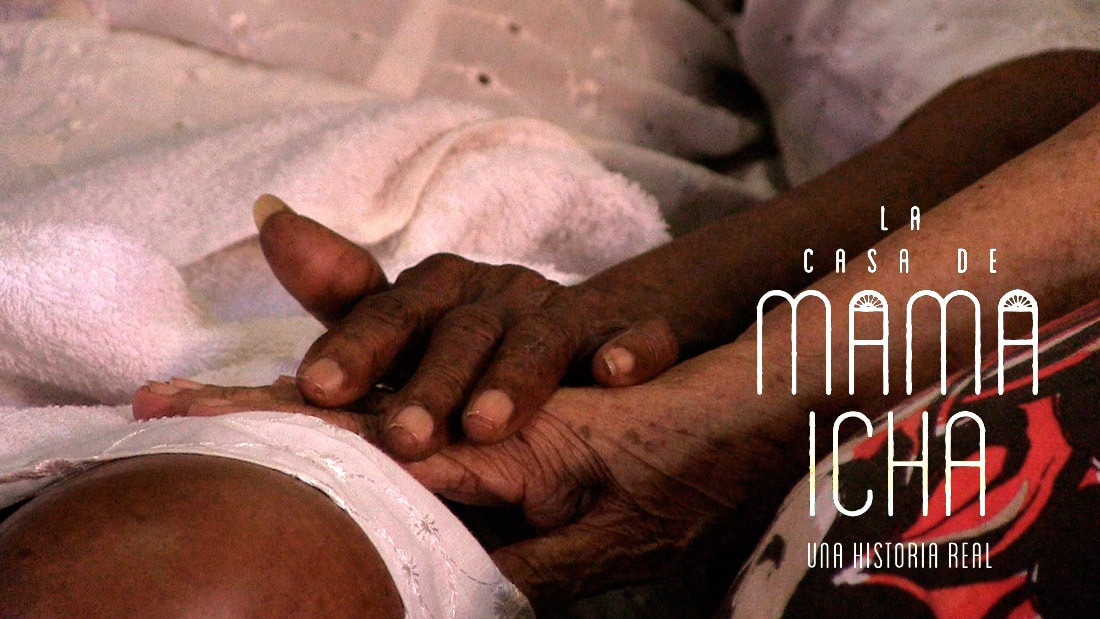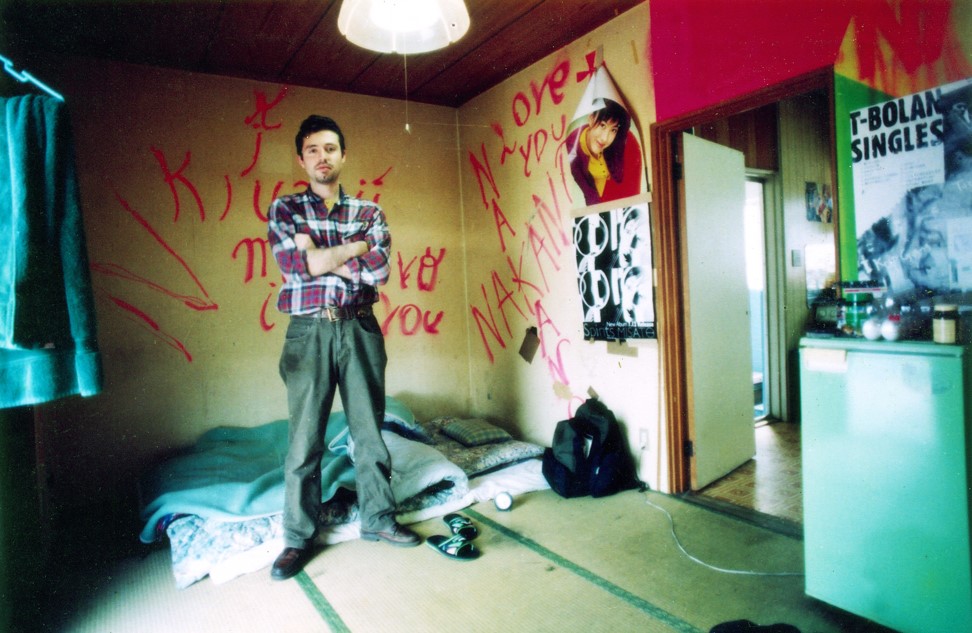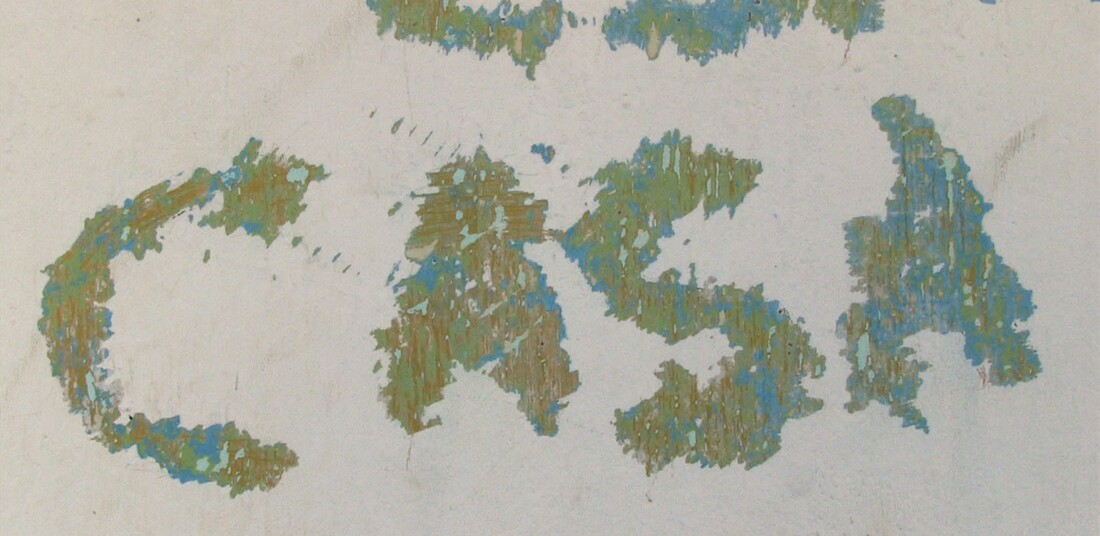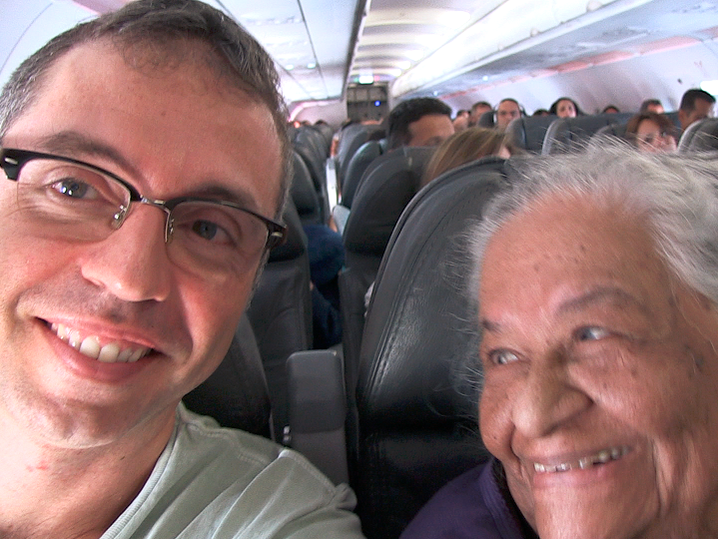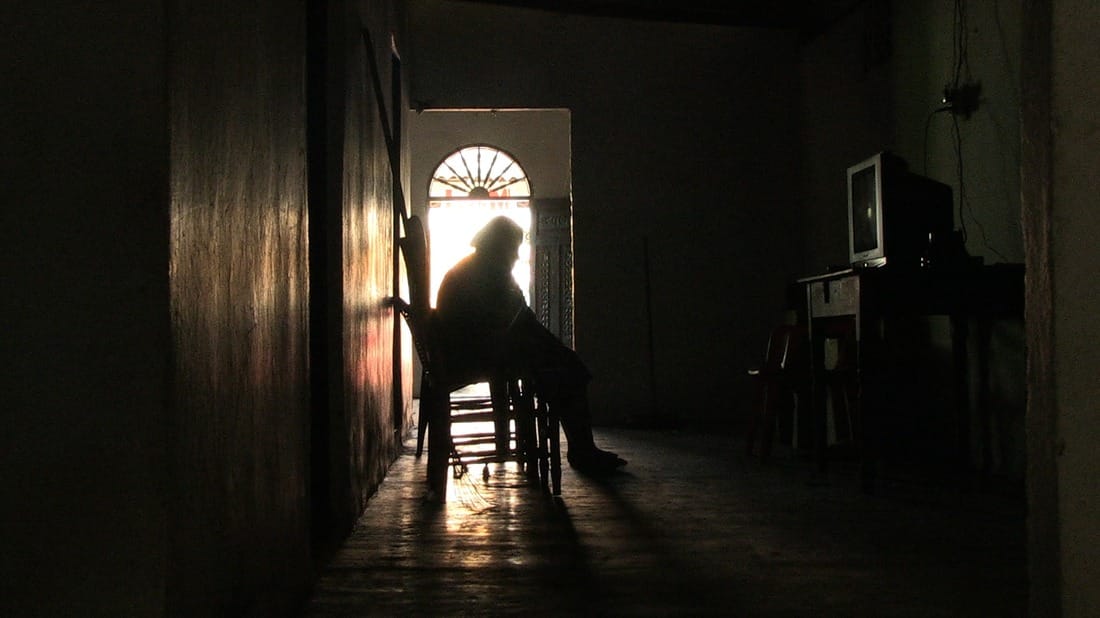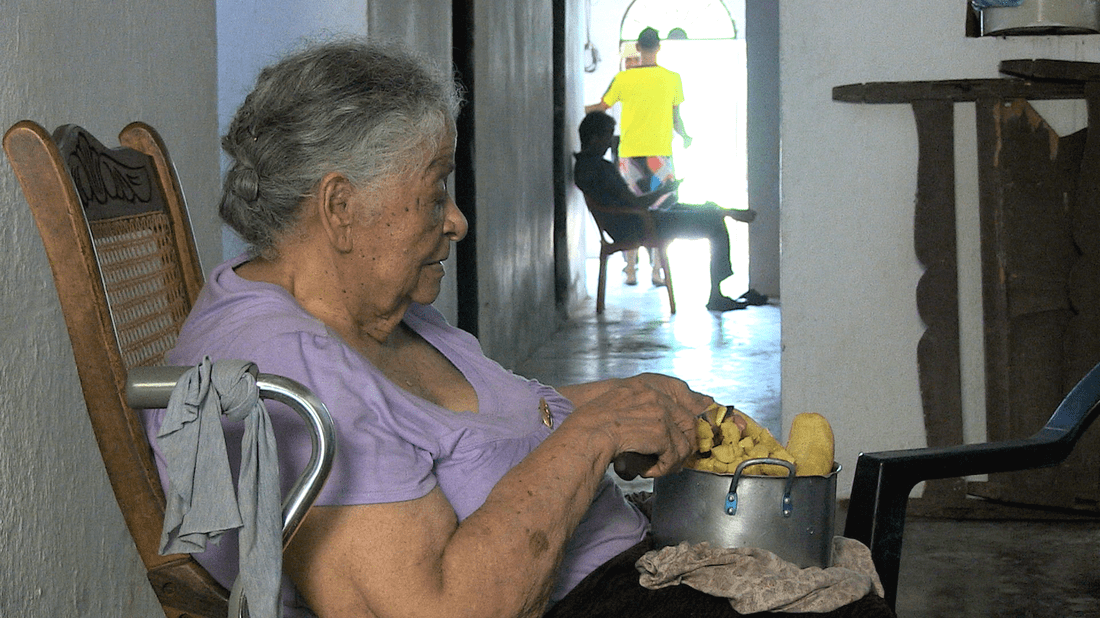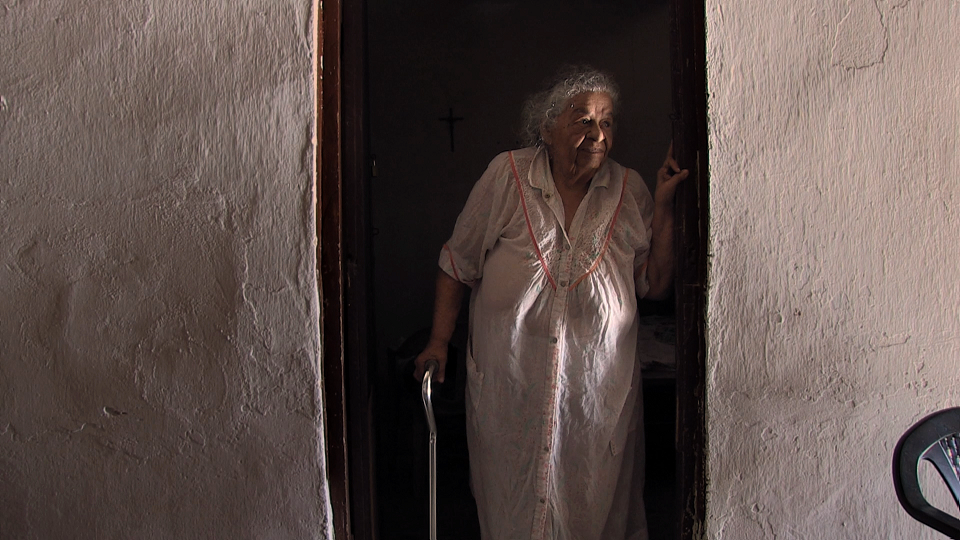La casa de Mama Icha is the first feature film of the documentary trasmedia trilogy Mi Casa My Home. This trilogy centers its attention on stories of migrants who, from within their host country and financed by their remittances, build their dream houses in their home countries. Many of these houses stand incomplete, some derelict, large-scale containers of the deferred dream of returning. La casa de Mama Icha tells the story of the return of a 93-year-old grandmother to dwell in one of this houses. More about the project: La casa de los ausentes & Mi Casa My Home web platform.
About the story
In 1997, I was living and working in Japan. Here, I began hearing accounts of migrants from economically less developed countries who were driven to economically more developed countries by one burning pursuit: to save their earnings so they could build a dream house in their home countries. Some had already had built their houses with remittances and had simply not yet been able to return to dwell in them, houses they had never seen in person and that stood empty for years, mausoleums to a dream deferred.
As a filmmaker who has worked in short films, television and audience development, I have devoted myself to this project over the last six years both as a deep personal commitment to the wishes of Mama Icha, and as a mirror to my own experiences of finally returning to live in my home country of Colombia after several years away.
As I gathered more and more of these stories through my experiences in Japan and across the United States, I asked myself: why do people have to go away from their homes in order to build a house in their homeland? What is the nature of home when refracted through the experience of migration? It was here that the idea was born to document this dream of returning to a house built with love and via significant transnational effort. “La Casa de Mama Icha” is a feature documentary that tells one story behind this dream. Making documentaries about this phenomenon is one way I have found to express nonconformity with a system designed to prevent a large portion of the world’s population from reaching conditions of self-development and prosperity.
I first met Mama Icha in 2013 while I was living in Philadelphia. Her granddaughter, Michelle Angela Ortiz, with whom I had worked on an artistic project, invited me to her parents’ house in order to share common Colombian traditions. From there on, Mama Icha and I developed a deep relationship, spending long afternoons talking about Colombia and her long-delayed dream of returning. Parallel to this encounter, I was researching stories behind the houses that migrants build with remittances in their places of origin and which – many times – they never manage to inhabit.
“La Casa de Mama Icha” is an intimate and subtle observational portrait which follows Icha through her journey from Philadelphia (in which director Oscar Molina was the only person to accompany her on the return journey) to reclaim the home she built over 30 years with remittances in Mompox, Colombia. The camera is a character in and a witness to the struggle to reassemble a family fragmented by migration. Visually, “La Casa de Mama Icha” approaches physical spaces and daily life through serene and poetic images, which in their aesthetic quietude, balance the dizzying development of events.
The film portrays with complicity the heroic character of Mama Icha; a woman who courageously faces both the economic and familial difficulties of returning home during the final chapter of her life. Inside the global phenomenon of remittance houses, she embodies the common dream of many migrants to dwell in these houses before dying. In the process of thinking, discussing, and refining ideas about belonging in a context traversed by migration and economic inequality, the powerful story of Maria Dionisia Navarro – Mama Icha – gave me great insight into the force of rootedness and the courage needed to confront the legacies of migration when returning home. Our team will continue to explore such stories in the transmedia documentary project, MI CASA MY HOME.

